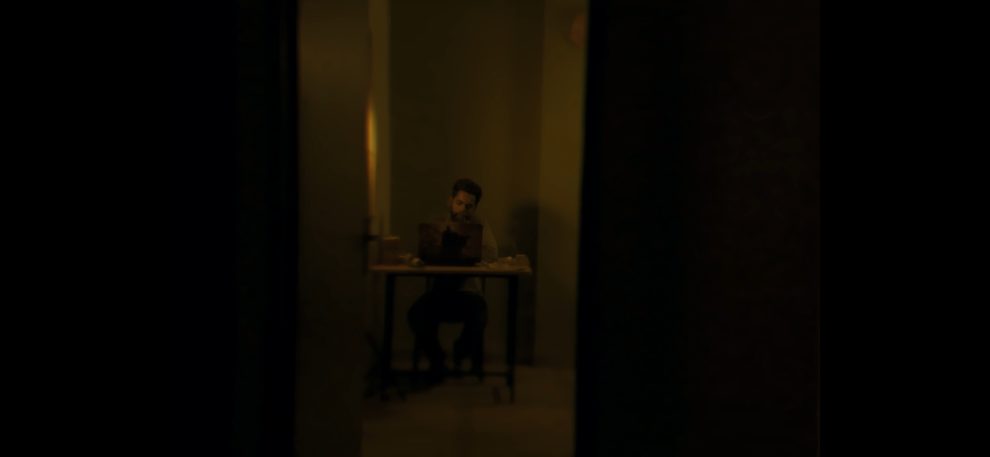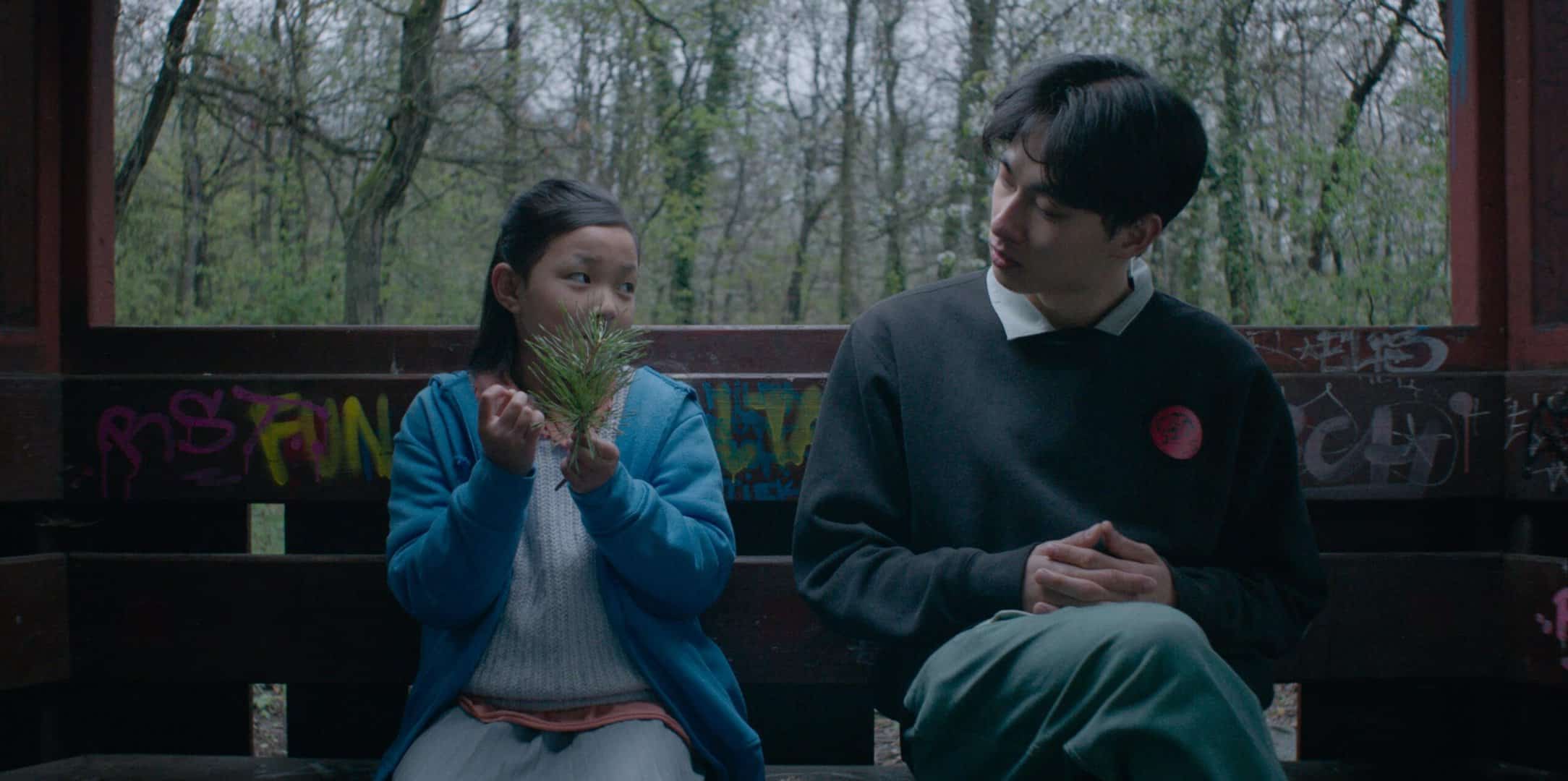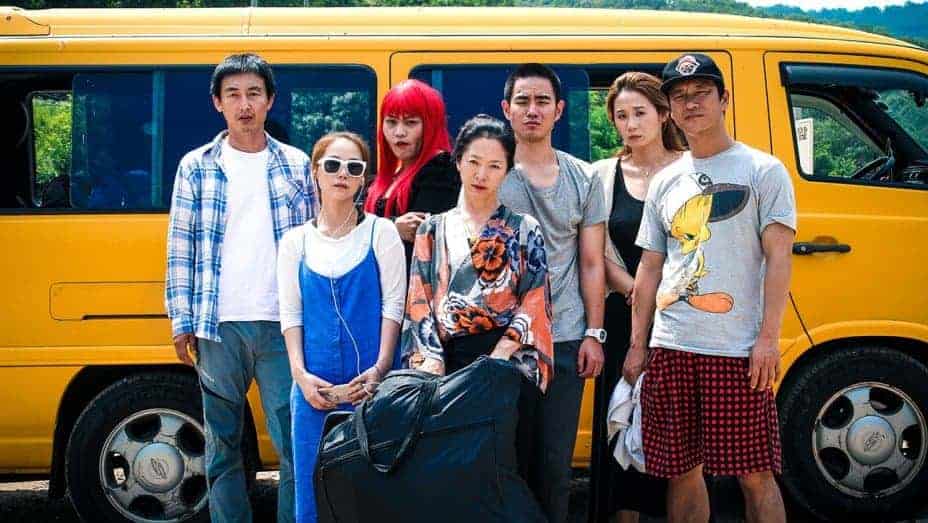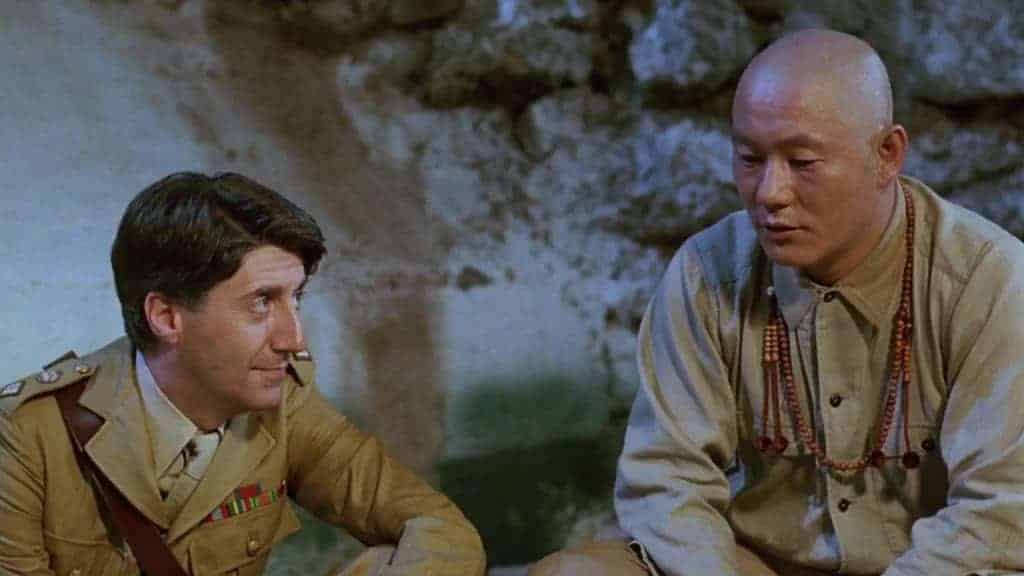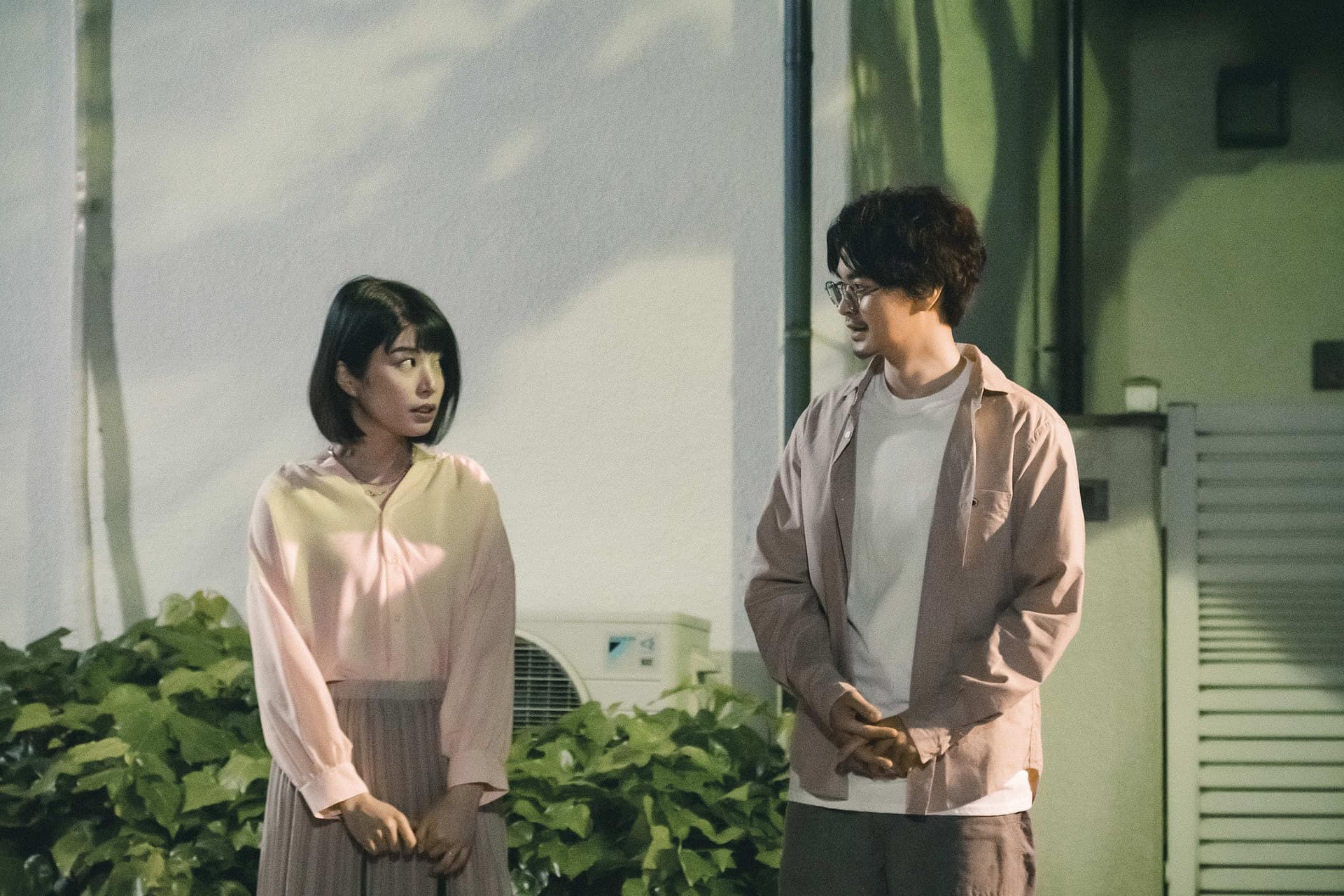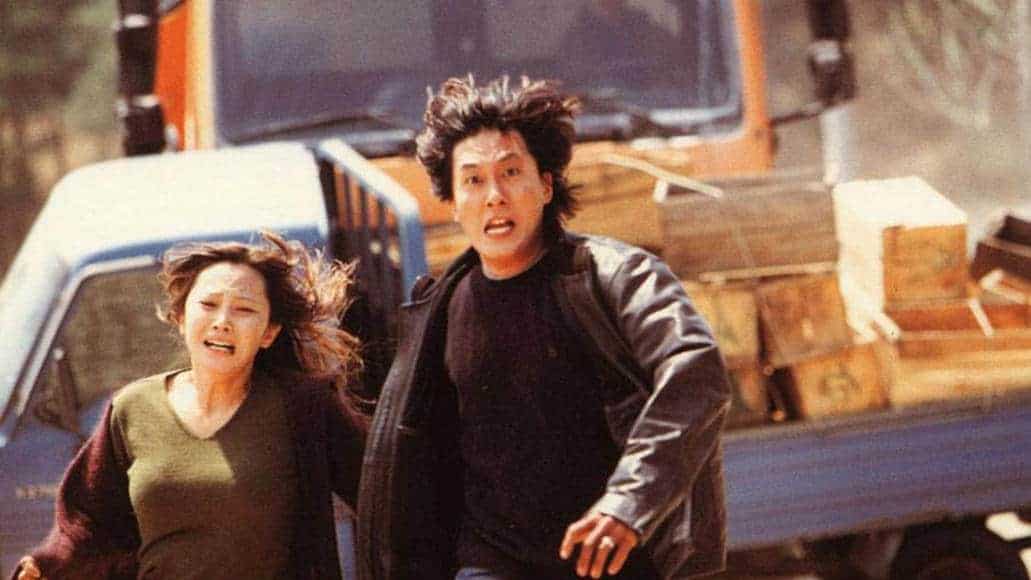When two friends end up dead, it is up to a group of detectives to try to piece together what happened. However, as the police begin to feel the pressure to solve the case the details become obscured through personal prejudices against those involved. “Rashomon” weaves these various skewed narratives throughout it 45 minute to build mystery towards a shocking conclusion.
“Rashomon” review is part of the Submit Your Film Initiative

Presenting a case of murder through the narratives of different individuals marks the greatest intrigue and strength of Mohan Singh Gaharwar's “Rashomon”. Notably, the title explores the dangers of interjecting personal opinion and how it can warp impressions of those involved – in this case bias against drug use and cheating women. In this approach, the audience gets a replay of events through the words of the police as they go over the details, showing how the ‘facts' can obscure based on the individual. Ultimately, this approach is a clever way to approach crime and shows insightfulness in constructing a complex narrative.

Unfortunately, outside of the strong script, the production begins to falter in execution. Notably, the visual and audio is, at times, amateurish beyond redemption. This is prevalent in sequences where the police meet, the constant ‘bings' of phones mixes with outside noise that seems added in post to utter annoyance – muddying the poorly recorded dialogue further. Furthermore, the visual appeal of these scenes, table crowded with bottles of booze and juices, is a horrid visual as it awkwardly pans between the characters. The aesthetic may be ugly, but to give due credit, the closing sequence and reenactments leading up to the murder are competently executed. Overall, “Rashomon” lacks a strong presence due to some simple mistakes but has enough impactful moments to ensure the production does not drown in its shortcomings
Sadly, given inadequacies in presentation it is difficult to comment on the actors' performances as they get sunk in the shoddy camerawork and audio design. However, Chirag Mandawaria does deserve some special notice, as his need to change between character to abuser depending on the reflections of the police is well balanced and believable.
“Rashomon” was a bit of a bumpy ride, great moments somewhat drowned in shortcoming of inexperience. However, the film ends on a strong note with a great narrative from a mysterious figure and presents a strong script throughout. Thankfully, Gaharwar has already showed marked improvement with his short film “The Call” being both a step up in presentation while maintaining the ingenious script-work. As such, “Rashomon” best works as an example of an emerging talent who has shown marked improvement between projects. Ultimately, I am excited to see how Gaharwar develops as a creator.


